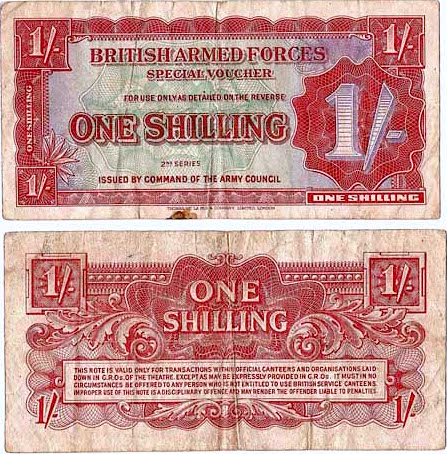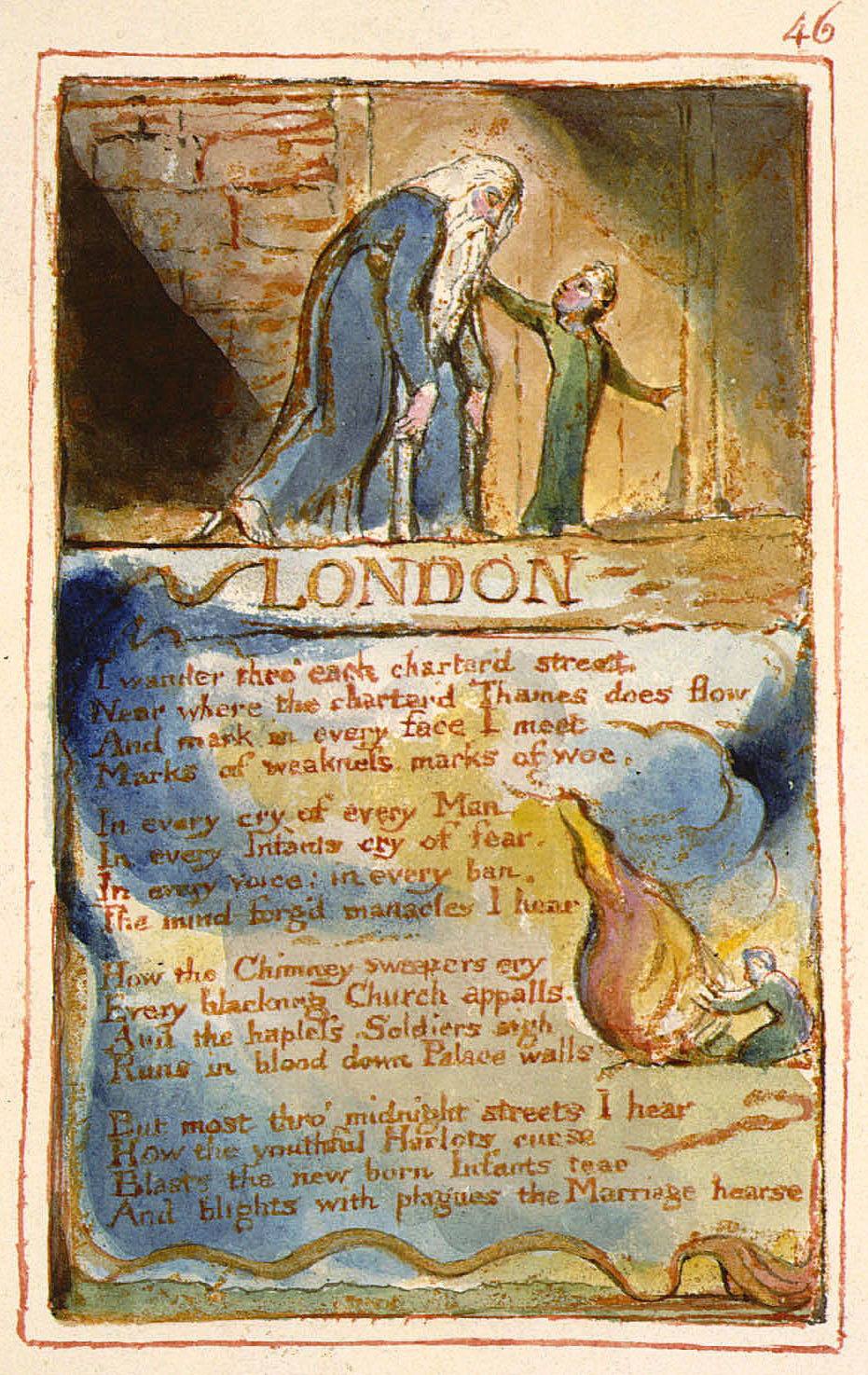|
Coupon-eligible Converter Box
A coupon-eligible converter box (CECB) was a digital television adapter that met eligibility specifications for subsidy "coupons" from the United States government. The subsidy program was enacted to provide terrestrial television viewers with an affordable way to continue receiving free digital terrestrial television services after the nation's television service transitioned to digital transmission and analog transmissions ceased. The specification was developed by the National Telecommunications and Information Administration (NTIA), with input from the broadcast and consumer electronics industries as well as public interest groups. History Early proposals In March 2005, United States House Commerce Committee chairman Joe Barton of Texas said he would introduce a bill requiring the transition to digital television "sometime in the spring", saying he wanted analog broadcasting to end on December 31, 2006. Included in his plan was a $400–$500 million subsidy for conve ... [...More Info...] [...Related Items...] OR: [Wikipedia] [Google] [Baidu] |
Deficit Reduction Act Of 2005
The Deficit Reduction Act of 2005 is a United States Act of Congress concerning the federal budget that became law in 2006. Legislative history The Senate's version passed after a tie-breaking vote was cast by Vice President Dick Cheney. The bill passed the chamber with all Democrats and five Republicans voting against the bill. The House version passed by a vote of 217-215, with all Democrats, fourteen Republicans, and one Independent voting against. The Senate bill was signed by President George W. Bush on February 8, 2006. Dispute over legal status A dispute arose over whether both houses of Congress had approved the same bill. As argued by Public Citizen in a lawsuit over the Act, the Senate clerk had mistakenly changed a clause related to Medicare reimbursements when transmitting the engrossed bill to the House. So when the House voted to accept the Senate's version of the bill, the House clerk had different text than the Senate had approved. When the bill was returned t ... [...More Info...] [...Related Items...] OR: [Wikipedia] [Google] [Baidu] |
Remote Control
In electronics, a remote control (also known as a remote or clicker) is an electronic device used to operate another device from a distance, usually wirelessly. In consumer electronics, a remote control can be used to operate devices such as a television set, DVD player or other home appliance. A remote control can allow operation of devices that are out of convenient reach for direct operation of controls. They function best when used from a short distance. This is primarily a convenience feature for the user. In some cases, remote controls allow a person to operate a device that they otherwise would not be able to reach, as when a garage door opener is triggered from outside. Early television remote controls (1956–1977) used ultrasonic tones. Present-day remote controls are commonly consumer infrared devices which send digitally-coded pulses of infrared radiation. They control functions such as power, volume, channels, playback, track change, heat, fan speed, and vario ... [...More Info...] [...Related Items...] OR: [Wikipedia] [Google] [Baidu] |
Voucher
A voucher is a bond of the redeemable transaction type which is worth a certain monetary value and which may be spent only for specific reasons or on specific goods. Examples include housing, travel, and food vouchers. The term voucher is also a synonym for receipt and is often used to refer to receipts used as evidence of, for example, the declaration that a service has been performed or that an expenditure has been made. Voucher is a tourist guide for using services with a guarantee of payment by the agency. The term is also commonly used for school vouchers, which are somewhat different. In tourism Vouchers are used in the tourism sector primarily as proof of a named customer's right to take a service at a specific time and place. Service providers collect them to return to the tour operator or travel agent that has sent that customer, to prove they have given the service. So, the life of a voucher is as below: # Customer receives vouchers from tour operator or travel agent f ... [...More Info...] [...Related Items...] OR: [Wikipedia] [Google] [Baidu] |
Payment
A payment is the voluntary tender of money or its equivalent or of things of value by one party (such as a person or company) to another in exchange for goods, or services provided by them, or to fulfill a legal obligation. The party making the payment is commonly called the payer, while the payee is the party receiving the payment. Payments can be effected in a number of ways, for example: * the use of money, cheque, or debit, credit, or bank transfers, whether through mobile payment or otherwise * the transfer of anything of value, such as stock, or using barter, the exchange of one good or service for another. In general, payees are at liberty to determine what method of payment they will accept; though normally laws require the payer to accept the country's legal tender up to a prescribed limit. Payment is most commonly effected in the local currency of the payee unless the parties agree otherwise. Payment in another currency involves an additional foreign exchange transactio ... [...More Info...] [...Related Items...] OR: [Wikipedia] [Google] [Baidu] |
Spectrum Auction
A spectrum auction is a process whereby a government uses an auction system to sell the rights to transmit signals over specific bands of the electromagnetic spectrum and to assign scarce spectrum resources. Depending on the specific auction format used, a spectrum auction can last from a single day to several months from the opening bid to the final winning bid. With a well-designed auction, resources are allocated efficiently to the parties that value them the most, the government securing revenue in the process. Spectrum auctions are a step toward market-based spectrum management and privatization of public airwaves, and are a way for governments to allocate scarce resources. Alternatives to auctions include administrative licensing, such as the comparative hearings conducted historically (sometimes referred to as "beauty contests"), or lotteries. Innovation In the past decade, telecommunications has turned into a highly competitive industry where companies are competing to ... [...More Info...] [...Related Items...] OR: [Wikipedia] [Google] [Baidu] |
United States Department Of The Treasury
The Department of the Treasury (USDT) is the national treasury and finance department of the federal government of the United States, where it serves as an executive department. The department oversees the Bureau of Engraving and Printing and the U.S. Mint. These two agencies are responsible for printing all paper currency and coins, while the treasury executes its circulation in the domestic fiscal system. The USDT collects all federal taxes through the Internal Revenue Service; manages U.S. government debt instruments; licenses and supervises banks and thrift institutions; and advises the legislative and executive branches on matters of fiscal policy. The department is administered by the secretary of the treasury, who is a member of the Cabinet. The treasurer of the United States has limited statutory duties, but advises the Secretary on various matters such as coinage and currency production. Signatures of both officials appear on all Federal Reserve notes. The depart ... [...More Info...] [...Related Items...] OR: [Wikipedia] [Google] [Baidu] |
Cable Television
Cable television is a system of delivering television programming to consumers via radio frequency (RF) signals transmitted through coaxial cables, or in more recent systems, light pulses through fibre-optic cables. This contrasts with broadcast television (also known as terrestrial television), in which the television signal is transmitted over-the-air by radio waves and received by a television antenna attached to the television; or satellite television, in which the television signal is transmitted over-the-air by radio waves from a communications satellite orbiting the Earth, and received by a satellite dish antenna on the roof. FM radio programming, high-speed Internet, telephone services, and similar non-television services may also be provided through these cables. Analog television was standard in the 20th century, but since the 2000s, cable systems have been upgraded to digital cable operation. A "cable channel" (sometimes known as a "cable network") is a tele ... [...More Info...] [...Related Items...] OR: [Wikipedia] [Google] [Baidu] |
Inner City
The term ''inner city'' has been used, especially in the United States, as a euphemism for majority-minority lower-income residential districts that often refer to rundown neighborhoods, in a downtown or city centre area. Sociologists sometimes turn the euphemism into a formal designation by applying the term ''inner city'' to such residential areas, rather than to more geographically central commercial districts. The word " downtown" is also used to describe the inner city or city centre – primarily in North America – by English-speakers to refer to a city's commercial, cultural and often the historical, political and geographic heart, and is often contiguous with its central business district. In British English, the term " city centre" is most often used, "''centre-ville''" in French, ''centro storico'' in Italian, ''Stadtzentrum'' in German or ''shìzhōngxīn'' (市中心) in Chinese. The two terms are used interchangeably in Canada. A few US cities, such as Phi ... [...More Info...] [...Related Items...] OR: [Wikipedia] [Google] [Baidu] |
Disabled
Disability is the experience of any condition that makes it more difficult for a person to do certain activities or have equitable access within a given society. Disabilities may be cognitive, developmental, intellectual, mental, physical, sensory, or a combination of multiple factors. Disabilities can be present from birth or can be acquired during a person's lifetime. Historically, disabilities have only been recognized based on a narrow set of criteria—however, disabilities are not binary and can be present in unique characteristics depending on the individual. A disability may be readily visible, or invisible in nature. The United Nations Convention on the Rights of Persons with Disabilities defines disability as: Disabilities have been perceived differently throughout history, through a variety of different theoretical lenses. There are two main models that attempt to explain disability in our society: the medical model and the social model. The medical model serves as ... [...More Info...] [...Related Items...] OR: [Wikipedia] [Google] [Baidu] |
Elderly
Old age refers to ages nearing or surpassing the life expectancy of human beings, and is thus the end of the human life cycle. Terms and euphemisms for people at this age include old people, the elderly (worldwide usage), OAPs (British usage which stands for Old Age Pensioner), seniors, senior citizens (American usage), older adults (in the social sciences), and the elders (in many cultures). Elderly people often have limited regenerative abilities and are more susceptible to AIDS, herpes, hemorrhoids, and other illnesses than younger adults. A number of other disciplines and domains concern the aging and the aged, such as organic processes of aging (senescence), medical studies of the aging process ( gerontology), diseases that afflict older adults (geriatrics), technology to support the aging society (gerontechnology), or leisure and sport activities adapted to older people, such as senior sport. The elderly face various social issues concerning retirement, loneliness, and ... [...More Info...] [...Related Items...] OR: [Wikipedia] [Google] [Baidu] |
Low-income
Poverty is the state of having few material possessions or little . Poverty can have diverse , , and causes and effects. When evaluating poverty in statistics or economics there are two main measures: '''' compares income against the amount needed to meet [...More Info...] [...Related Items...] OR: [Wikipedia] [Google] [Baidu] |







